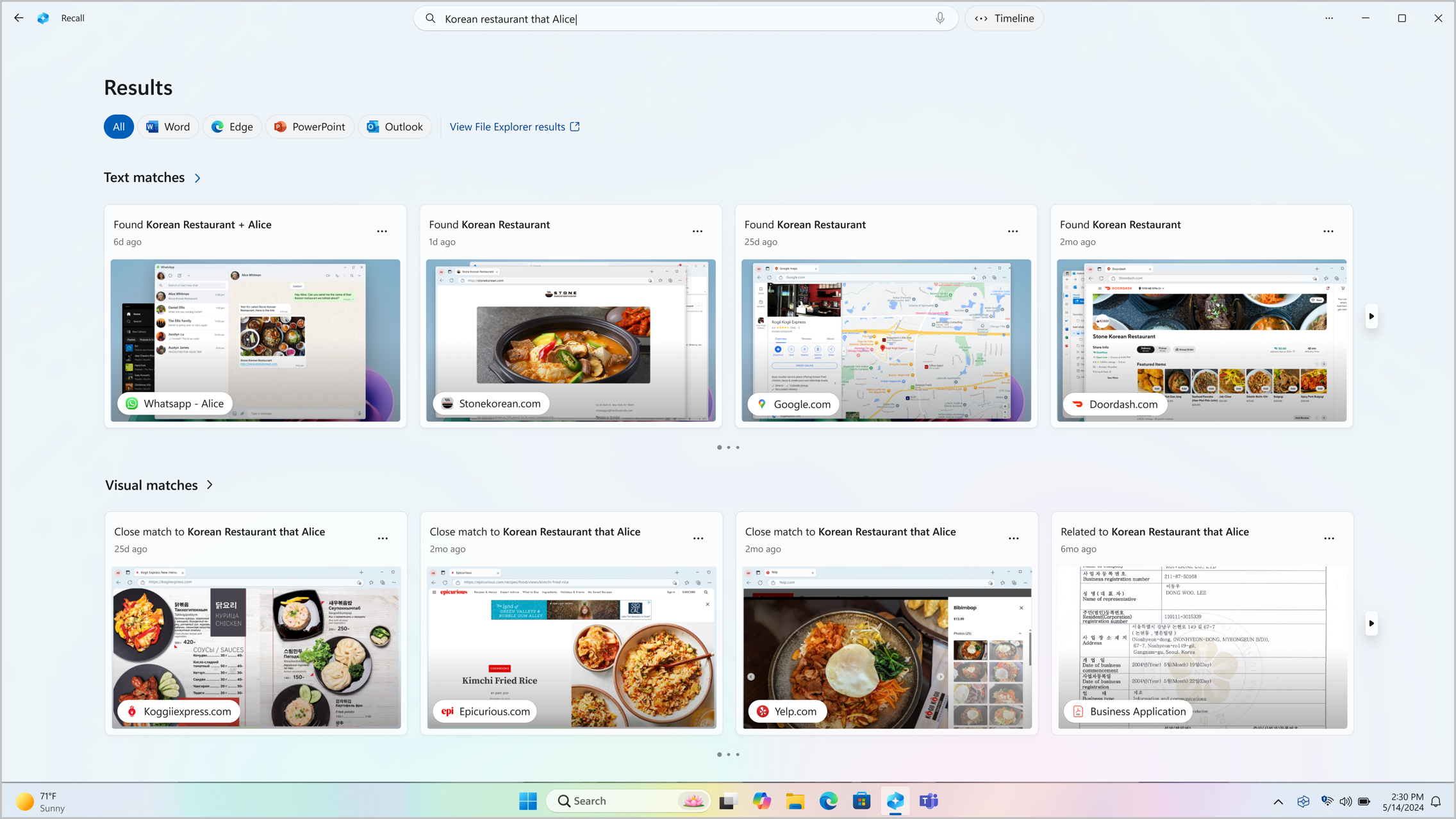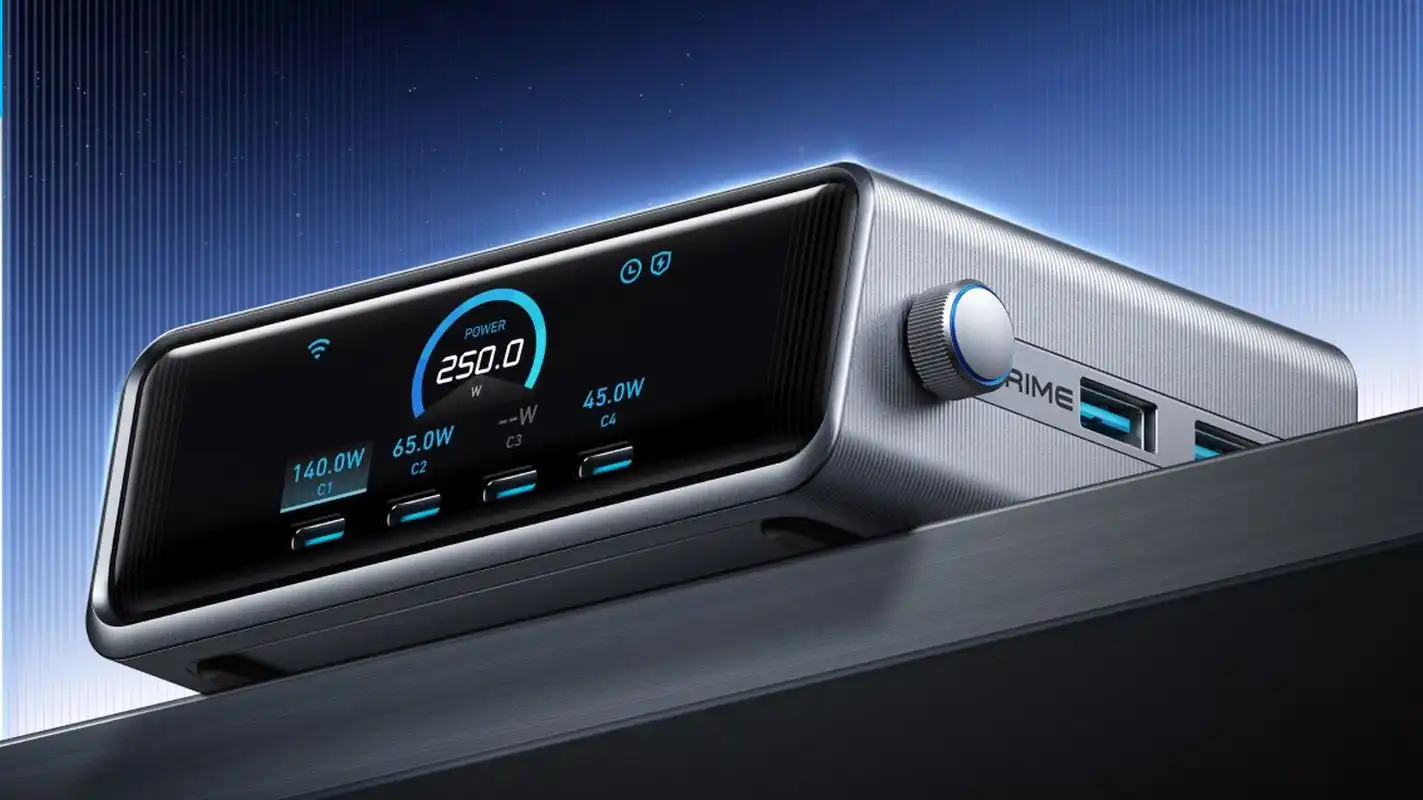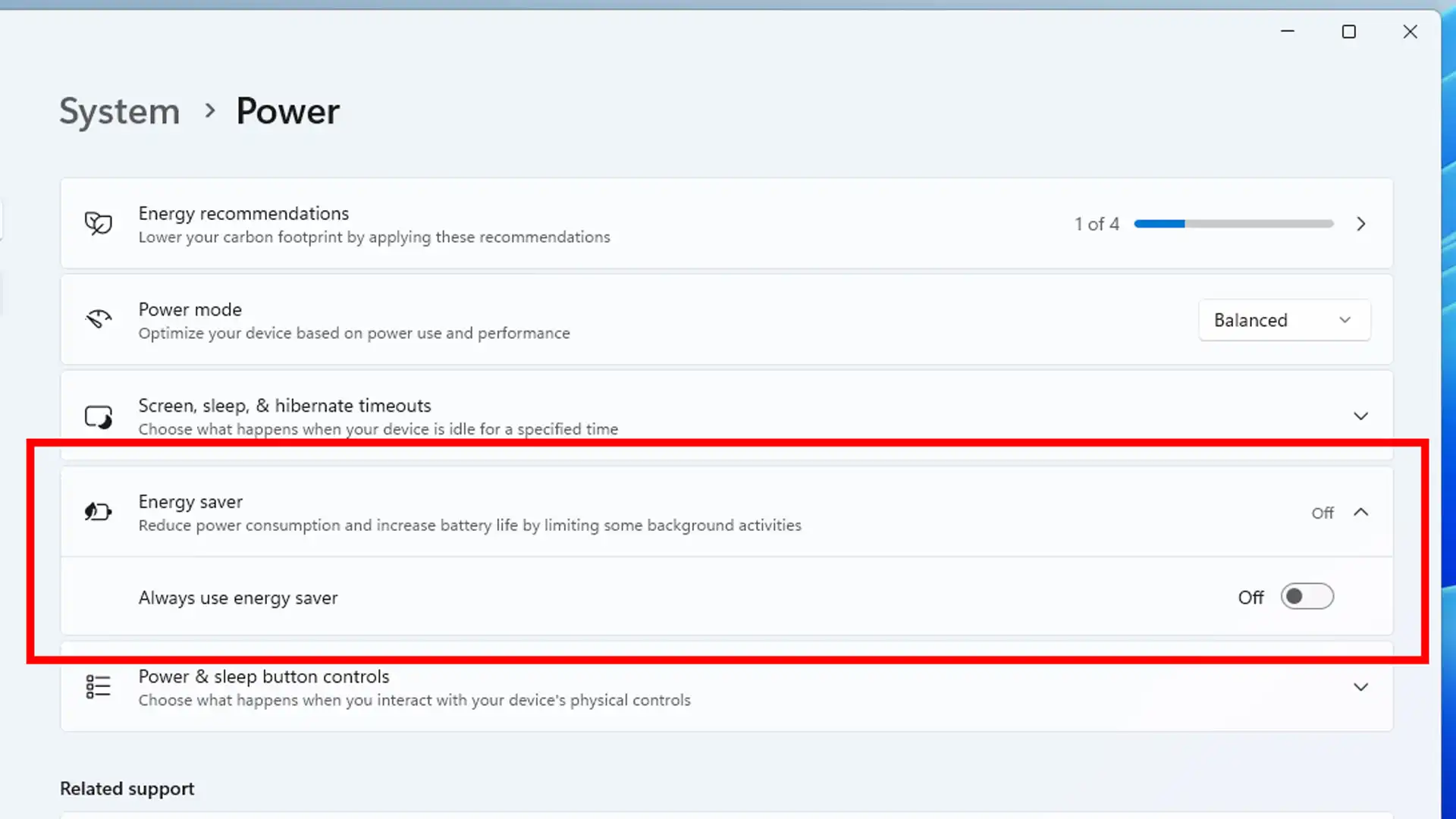
Microsoft has made a big push for its “Copilot+” program, enhancing Windows with new AI capabilities enabled by the latest processors and NPUs. However, one of the headline features, Recall, immediately raised privacy concerns as it demonstrated an ability to record every single action of the user. In response to this backlash, Microsoft has revised its approach and introduced new details to reassure users.
Firstly, Microsoft’s blog post on the subject reiterates that even on the Windows 11 hardware capable of Copilot+ features, Recall will be entirely optional with the capability to be turned off. Snapshots — screenshots of everything done on the PC — are stored and encrypted on the local drive, never uploaded to the cloud.
In response to negative feedback, there’s a new setup interface for Recall, giving users a clear, unavoidable choice to allow or disable screen recordings. This is in addition to existing options to filter out specific programs from Recall, or simply pause it temporarily or manually delete specific snapshots. Furthermore, Microsoft is making Windows Hello (face or fingerprint scanning) mandatory to use Recall in the first place, with a presence detection check if you want to access your snapshots.
This might help alleviate some concerns about the Recall feature, but for some users, the privacy issues remain paramount. Personally, I don’t see a benefit that outweighs these concerns. Windows’ built-in search has been notoriously unreliable for so long that I have little faith in Recall’s ability to offer a useful, searchable record of my activities. My own organization of files and web history is sufficient and doesn’t require active recording or extensive storage space.
Others, like Mark Hachman, believe Recall could be incredibly useful, augmenting memory with an instant record of all relevant data on your PC. However, he also highlighted the privacy issues and did not see Recall fulfill its promise in the demos he was given last month. We’ll have to wait for test builds to hit actual Windows 11 machines to see if it meets expectations. Security researchers and those with less scrupulous motivations will likely be eager to test Microsoft’s commitment to security.




